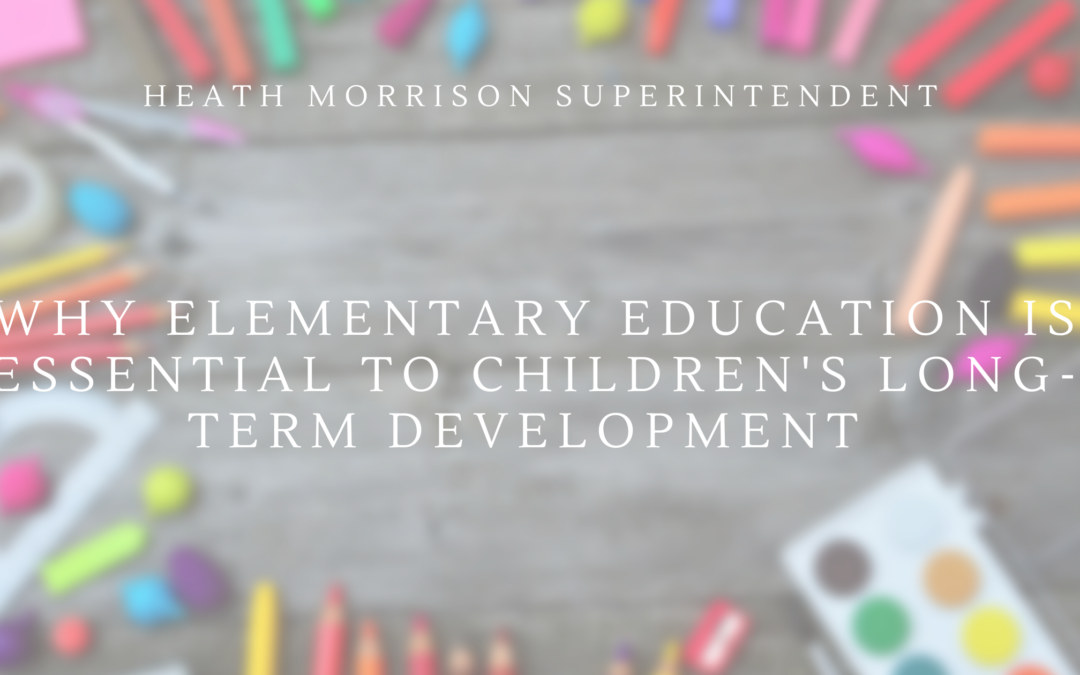For many students around the world, elementary education can help jumpstart their academic career on the right track and can be considered essential to a child’s long-term development. There are a number of important reasons why a child’s long-term development is so important to consider within elementary education.
Elementary Education lays the foundations for Learning
Research-based studies have long established that early childhood learning and experiences produce lasting and profound implications for a person’s future. For this reason, elementary education teachers must call upon their instructional skills to meet the challenges of teaching literacy and creating readers. In the classroom, there are often students with a varied range of reading skills. As educators lay the foundation for their students’ education, elementary teachers need various strategies to assist students in learning to read, as reading is fundamental to all learning.
Teachers must help students develop critical skills, interpret ideas of different complexities and synthesize information from various sources, using reading as the tool to teach students about all subjects. Elementary teachers lay the foundation for future learning.
Young Children Learn Through Interaction
Interestingly, young children who have siblings often appear to be academically and socially advanced compared to their brothers or sisters when they were at the same age. Research has shown that this interaction of a younger child with siblings stimulates their interest and helps their learning. Such interaction ignites the younger child’s curiosity and eagerness to do what the others can, adding to mental growth while increasing their experiences.
Similarly, educators can support a child’s cognitive abilities and skills with social interaction, playing games that involve counting and sorting, substituting words to explain why someone looks hurt or sad or what happens when objects strike each other. As they engage with their teacher, children are learning from context. This acquired knowledge is usually retained for a long time. Also, with such interaction, children often become more interested in learning. Teachers, too, can learn as they note how the individual students react and reveal what interests them. They can then build on these interests with responses to the children’s inquiries and contribute to these students’ further discoveries since interaction with their teachers bolsters young children’s learning.
Elementary Teachers Can Instill a Love of Learning
When elementary teachers make learning fun, reward the child’s successes and encourage those who struggle with other methods that can help them, children will be eager to embrace learning. They can then demonstrate to their parents and siblings what they have learned and be proud of themselves. From their experiences of success, the children will build self-confidence and become eager to learn more. They will, then, grow to be valuable citizens.

